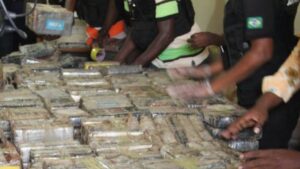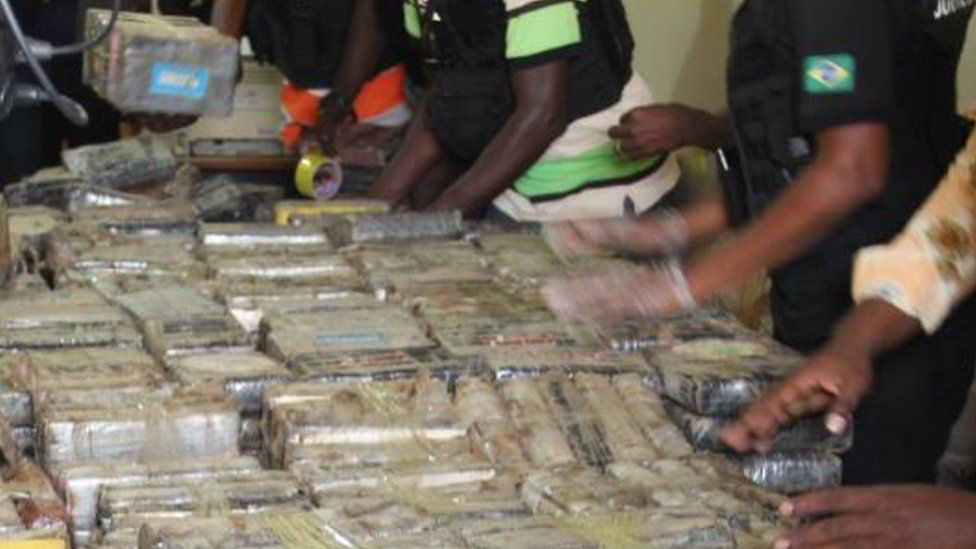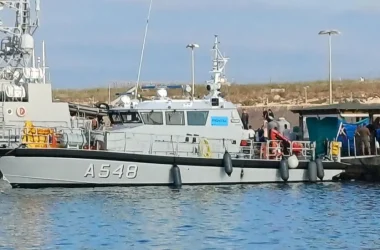Criminal networks from the Western Balkans are tightening their control over cocaine smuggling routes through West Africa, with The Gambia among the countries at risk, a new report has warned.
The Global Initiative against Transnational Organized Crime (GI-TOC) said Balkan groups, including Montenegrin clans and Albanian-speaking networks, have become central players in trafficking cocaine from Latin America to Europe.
With European demand for cocaine rising and controls on direct shipments increasing, traffickers are turning to West African ports. Countries most affected include Senegal, Sierra Leone, Guinea-Bissau, Cape Verde and The Gambia.
“These groups are among the most sophisticated in the world they are not peripheral players,” said Lucia Bird Ruiz-Benitez de Lugo, GI-TOC’s West Africa director. “Their presence poses a serious risk to stability and security.”
The report highlights alliances between Balkan traffickers and Brazil’s powerful Primeiro Comando da Capital (PCC). It describes this partnership as one of the most important routes for cocaine entering Europe today.
The Kavaç and Shkalar clans from Montenegro, along with Albanian groups active in Spain and Brazil, have been identified operating in Senegal and The Gambia. Some have also worked with Italy’s ’Ndrangheta mafia.

GI-TOC called for stronger cooperation between African and European law enforcement, better monitoring of ports, and closer tracking of intermediaries who facilitate the trade.
The findings come as The Gambia continues to face challenges in curbing drug trafficking through Banjul Port and along its coastline, with seizures in recent years pointing to the country’s role as a transit point in the global cocaine trade.





